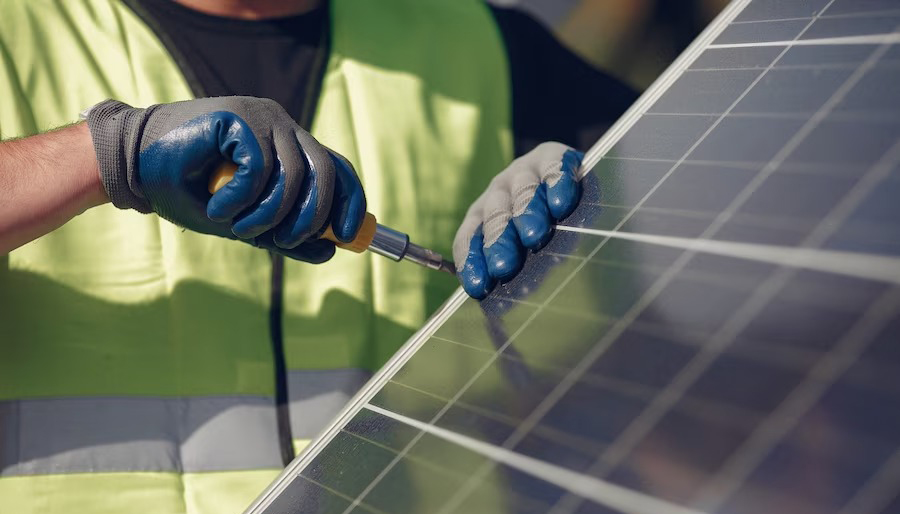- The International Energy Agency (IEA) has advised governments worldwide to go beyond policies in order to boost clean energy technology manufacturing.
- The IEA report highlights that policy frameworks alone are not enough to drive change in technology manufacturing.
- African countries, with abundant critical mineral resources, need to develop industrial strategies tailored to their national circumstances to engage in clean technology manufacturing and consider factors like relative strengths, competitiveness, and strategic partnerships.
The International Energy Agency (IEA) has released its State of Clean Technology Manufacturing report, urging governments worldwide to expand their strategies beyond policy measures to strengthen clean energy technology manufacturing.
This recommendation was made in the recently published State of Clean Technology Manufacturing report by the International Energy Agency (IEA).
The report emphasizes that policy frameworks are not the sole determinants of change in technology manufacturing. According to the IEA report, three countries dominate the global manufacturing capacity for solar PV modules, collectively representing nearly 90% of the installed capacity.
China alone accounts for 80%, while Vietnam and India contribute 5% and 3% respectively. Consequently, if other countries, particularly those in Africa with significant reserves of critical minerals, aspire to venture into clean energy technology manufacturing, they must develop industrial strategies that align with their national circumstances and are suited for the modern era of manufacturing.
Furthermore, it is crucial to assess relative strengths, competitiveness, and the potential to establish complementary strategic partnerships. These factors should be integral considerations within industrial strategies aimed at promoting clean technology manufacturing.
This matter holds particular importance for African countries due to recent efforts by stakeholders to encourage their involvement across the entire value chain of clean technology manufacturing. Previously, the focus had primarily been on mining activities, but now there is a growing drive to expand into other aspects of the sector.
The local context
The IEA report suggests that governments aiming to promote domestic manufacturing have a valuable opportunity to simultaneously drive local demand for clean energy technologies. They can achieve this by providing incentives for the purchase of electric vehicles, among other measures.
In this context, the establishment of strategic partnerships becomes crucial. Countries must identify their unique strengths within the clean energy technology manufacturing ecosystem and leverage them effectively.
Collaboration with other nations possessing different strengths can be mutually beneficial and enhance overall competitiveness. For African countries, the African Continental Free Trade Area (AfCFTA) plays a significant role in facilitating such collaborations and synergies.
A part of the IEA report stated:
- “Each country will need to carefully consider their own individual circumstances to assess where in the supply chain to specialize domestically, and where it might be more effective to establish strategic partnerships or to make direct investments in other countries.
- “One of the major differentiators in the competitiveness of energy-intensive industry sectors in different countries, and thus their attractiveness for manufacturers, is the cost of energy. This is especially true for natural gas and electricity, the prices of which vary significantly between countries.”
More insights
The report emphasizes that industrial competitiveness in emerging markets is not solely determined by energy costs. Several contextual factors play a significant role in shaping the competitiveness of new manufacturing ventures. These factors include:
- Access to local customers and the size of the domestic market can attract new manufacturing development.
- Opportunities to capitalize on synergies with existing industries or leverage the skills of an existing workforce.
- Favorable regulatory context, particularly in terms of permitting times.
- Competitive labor and capital costs.
- Availability of enabling infrastructure to support manufacturing operations.
- Prospects for future development, which can serve as incentives for investment.
Considering these factors alongside energy costs is crucial in evaluating the overall attractiveness and viability of a region for clean energy technology manufacturing.
